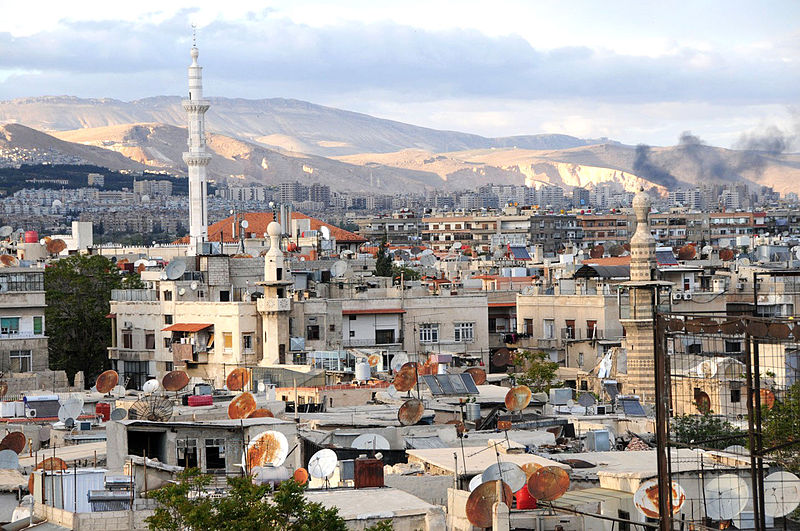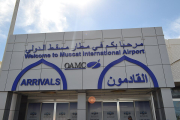
In the first high-level European Union visit to Syria since the fall of the Assad regime in December, the French and German foreign ministers met with Syria’s new leadership, emphasizing the
need for an inclusive political transition.
French Foreign Minister Jean-Noël Barrot and his German counterpart Annalena Baerbock traveled to Damascus, where they met Syria’s de facto leader, Ahmad al-Sharaa, formerly known as Abu Mohammed al-Jolani. Sharaa’s group, Hayat Tahrir al-Sham (HTS), led the rebellion that ousted Assad and has since distanced itself from its past ties to al-Qaeda.
Baerbock, speaking to reporters, characterized her visit as an “outstretched hand” to Syria’s new government while acknowledging HTS's controversial history. The European ministers expressed a willingness to engage with the transitional authorities while urging them to safeguard the rights of minorities.
“It is time for Syrians to reclaim their country through a political transition that ensures representation for all communities and guarantees citizenship for all without discrimination,” Barrot stated ahead of the meeting.
He also pledged France’s and the EU’s support in providing judicial and technical expertise to help Syrians draft a new constitution.
Baerbock echoed this vision in a post on X, stating, “A true new beginning is possible only if all Syrians—regardless of ethnicity or religion—are included in the political process.”
After their meeting with Sharaa, Baerbock noted, “The people of Syria have turned a new page after years of suffering under oppression and war.” She emphasized the EU’s commitment to helping Syria achieve a free and safe society, with a particular focus on women’s rights as a measure of progress in a democratic system.
“We will not support any structures that perpetuate oppression or extremist ideologies,” she added.
While in Damascus, Barrot and Baerbock visited the notorious Sednaya prison, which had been a symbol of Assad’s brutal regime, notorious for torture and mass executions. Both ministers described their visit as profoundly emotional.
“We were deeply shaken by the barbarism we witnessed in what can only be described as a concentration camp of horrors,” Barrot said.
He stressed that Syria’s future depends on achieving justice and accountability. “Today, we offer our technical expertise to help Syria pursue transitional justice, as we have done in other conflict zones,” he said.
Baerbock called on the international community to support efforts to bring justice to the victims of Sednaya and ensure accountability for the crimes committed there.
Barrot also recommended that Syria’s transitional authorities engage with the Organisation for the Prohibition of Chemical Weapons (OPCW) to facilitate the identification and destruction of any remaining chemical weapons.
“This is a crucial step in building trust and ensuring a safer future for all Syrians,” Barrot concluded. The visit marks a significant shift in EU-Syria relations, highlighting both challenges and opportunities for rebuilding a nation ravaged by over a decade of conflict. Photo by anjči from London, UK, Wikimedia commons.







































